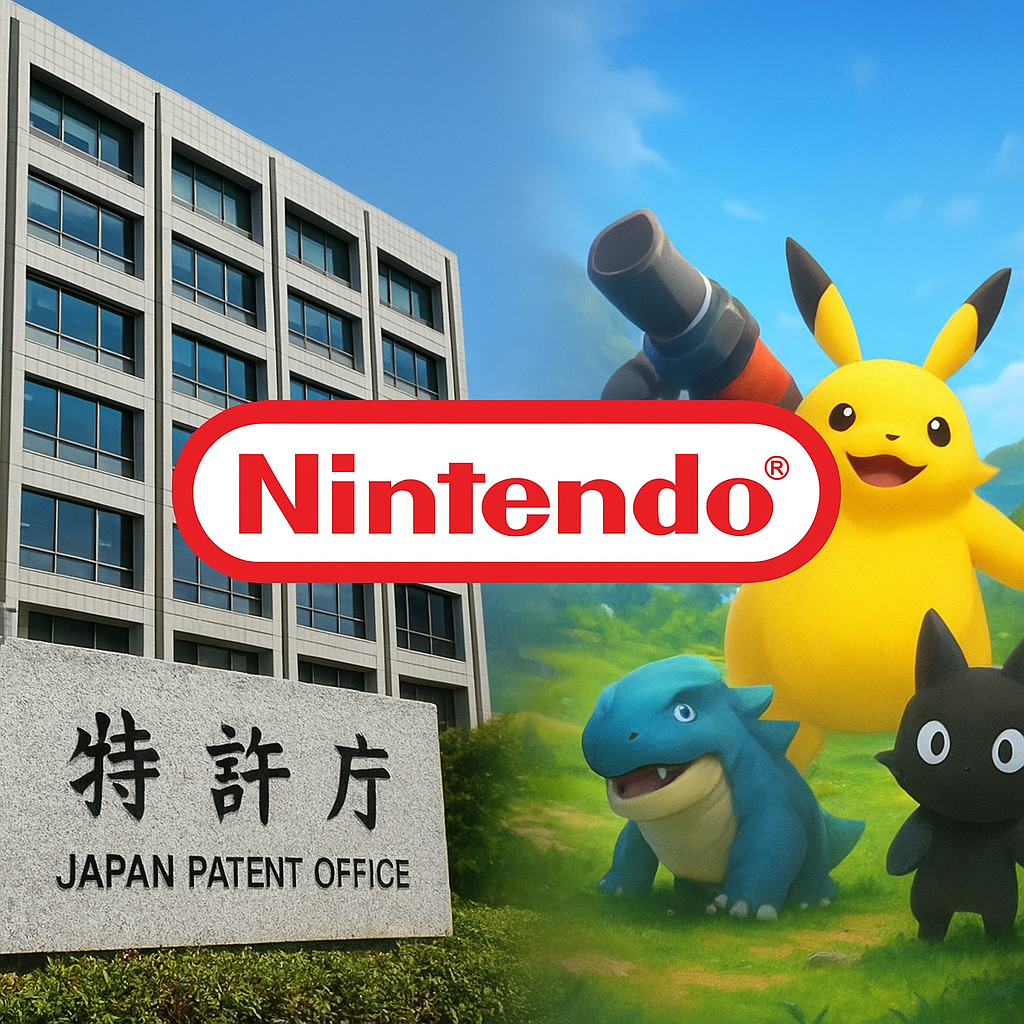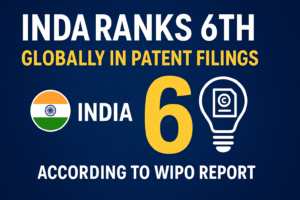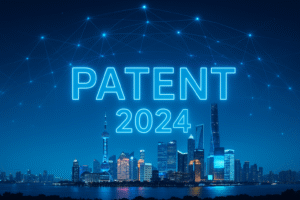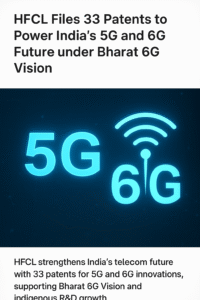The Japan Patent Office (JPO) has rejected one of Nintendo’s key patent applications related to the ongoing Palworld dispute. The decision marks a setback for Nintendo as it continues its legal efforts against Palworld developer Pocketpair.
Patent Application Rejected
The rejected application, numbered 2024-031879, is part of Nintendo’s “monster capture” patent family. The patent was among several Nintendo filings believed to support its legal claims against Pocketpair. However, the JPO ruled that the invention lacked an inventive step. In other words, the claimed concept was considered obvious when compared with earlier games and technologies.
Prior Games Influenced the Decision
According to the JPO, existing games such as ARK: Survival Evolved, Monster Hunter 4, and Craftopia already featured similar mechanics. The examiner concluded that Nintendo’s claims did not present enough novelty or creativity to justify a new patent. This conclusion significantly weakens the company’s argument that its gameplay systems were unique innovations.
Legal Context and Options
Nintendo can still respond to the decision. It may amend the claims to address the examiner’s objections or appeal to the JPO’s appeals board. The company also has the option to abandon the rejected application while maintaining its other patents in the same family.
The rejection does not directly impact Nintendo’s other active patents, including JP7493117 and JP7545191, which are currently cited in the Palworld litigation. However, it raises questions about the overall strength of Nintendo’s patent strategy in this case.
Implications for the Palworld Case
For Pocketpair, this decision provides indirect support. While the rejection does not automatically win the lawsuit for the Palworld creator, it helps build an argument that Nintendo’s patents lack originality. It may also influence the Tokyo District Court, where the main legal battle continues under Judge Motoyuki Nakashima.
Industry Reaction
Analysts say the JPO’s decision reflects growing scrutiny over broad patent claims in the gaming industry. Patent offices now demand stronger evidence of originality, especially when game mechanics overlap with existing titles.
The rejection could also encourage developers to rethink how they protect in-game features and mechanics. Instead of relying on general gameplay ideas, future patents may need to focus on more technical or specific innovations.
What Comes Next
Nintendo has not yet commented publicly on the decision. Legal experts expect the company to continue defending its broader patent portfolio in the ongoing court case. A final ruling in the Palworld dispute is not expected before 2026.
The JPO’s decision underscores a shifting trend in intellectual property law for the gaming sector—one that prioritizes innovation over repetition.





